In the midst of the negative repercussions of the pandemic, some positives emerge, perhaps the most important of which is that Covid-19 was a great impetus to accelerate The world is heading towards digital transformation, and as consumers' dependence on cash gradually decreases, the European Central Bank has begun making the path towards issuing a digital version of the euro currency
as the Central Bank issued at the beginning of this month its first report on the digital euro after months of discussions in the corridors The bank is trying to optimize a digital future for the common currency between 19 countries, although cash still dominates about 79% of all eurozone payments at points of sale, and this step opens the door to more experiments in the coming period, as the Chinese central bank is already testing an official digital currency While the Riksbank says it has started a pilot project.
> The following chart shows the acceleration of cashless transactions around the world, which will force central banks to issue their digital currencies
* Non-cash transactions around the world from 2017, according to Capegemini *
how seriously the ECB takes the creation of the digital euro is evidenced by the fact that it has applied for the mark Business to the European Union Intellectual Property Office for the digital euro
We will address everything related to this potential release through the following questions based on the European Central Bank's definition: In this digital currency.
What is the digital euro?
to begin with, the digital euro is an electronic form of central bank money that all citizens and businesses can access to pay off Their daily payments are fast, easy and safe, and this digital currency will not replace cash as the bank will continue to issue it anyway, but it will give people more options about how to pay, and make it easier for them to do so, which increases financial inclusion.
It is possible that the digital euro will be available to non-Eurozone residents, and this could stimulate demand On European currency by foreign investors.
so analysts at Dutch bank ING think the most interesting motive ...




















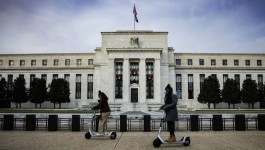

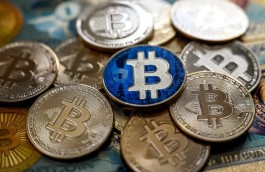
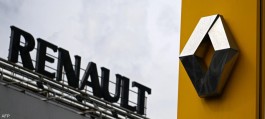










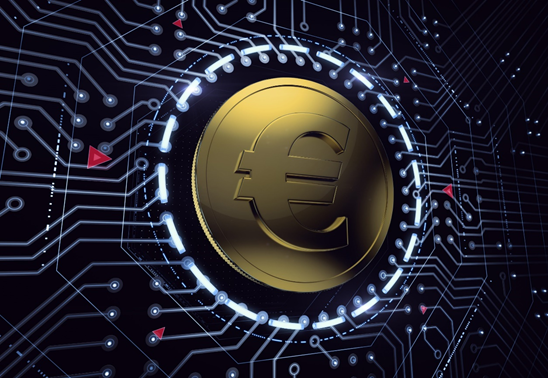



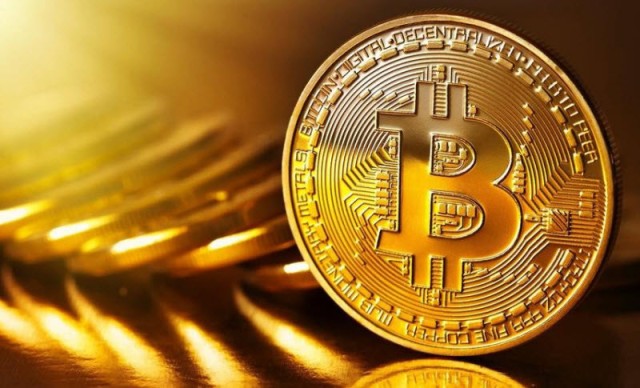
.png)
